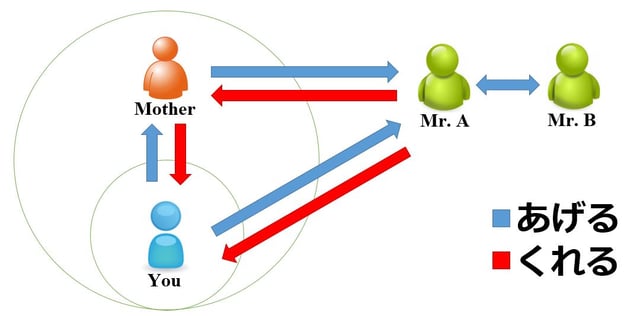From what I've understood, we use くれる to refer to the receiver and あげる to refer to the giver, both conveying the meaning to give. From guidetojapanese.org, the author interchanges あげた with くれた and, although the given translation is the same, the author points out that the meaning it conveys differ as one emphasizes the giver's point of the view and the other the receiver's point of view.
Sentence A:
友達が父にいいことを教えてあげた。
Given translation:
Friend gave the favor of teaching something good to my dad.
Given explanation:
(looking at it from the friend's point of view)
Sentence B:
友達が父にいいことを教えてくれた。
Given translation:
Friend gave favor of teaching something good to my dad.
Given explanation:
(looking at it from the dad's point of view)
Assuming it's correct, when solving my book excercises, I'm given a sentence to complete and I have two options to choose from, namely, あげました and くれました as follows:
山田さんは田中さんに本を(あげました、くれました)。
From the explanation above, both seem to be correct. However, my book answer is あげました. Why not both?
I'm also given an explation for when to use くれる by my book, which I don't understand.
I interpret it as: we use くれる if I'm the receiver or part of the receiver's in-group. This would explain why the book answer is あげました. Please correct me If my interpretation is wrong. I'm not a native english speaker and I find the explanation rather wordy.
For あげる,
To sum up, my questions are:
- Given sentence A and B, does this mean sometimes we can use either あげた or くれた and why?
- Do we use くれる when I'm the receiver or part of the receiver's in-group?




